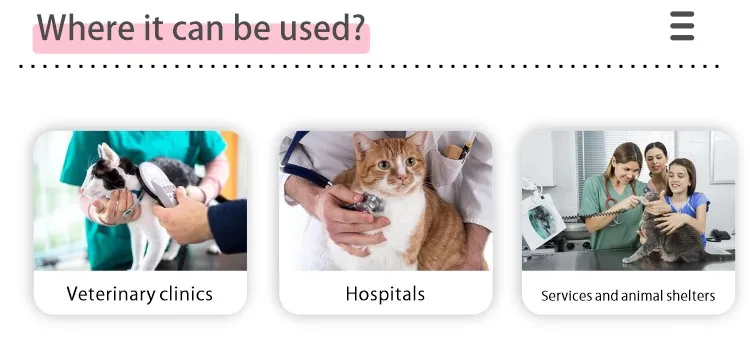Discover the Best Pet Peeves: Unveiling the Most Relatable Irritations We All Experience
Guide or Summary:Introduction to Best Pet PeevesWhat Are Pet Peeves?Why Do We Have Pet Peeves?Common Examples of Best Pet PeevesHow to Cope with Pet PeevesI……
Guide or Summary:
- Introduction to Best Pet Peeves
- What Are Pet Peeves?
- Why Do We Have Pet Peeves?
- Common Examples of Best Pet Peeves
- How to Cope with Pet Peeves
Introduction to Best Pet Peeves
In our daily lives, we encounter a myriad of situations that can be both amusing and frustrating. Among these, the concept of "best pet peeves" stands out as a fascinating topic that resonates with many. Pet peeves refer to those minor annoyances that can provoke a strong emotional response, often leading to humorous anecdotes and relatable conversations. Understanding these irritations not only helps us connect with others but also allows us to navigate social interactions with a sense of humor.
What Are Pet Peeves?
Pet peeves are typically small behaviors or situations that cause irritation or annoyance. They can range from the mundane, such as someone chewing loudly, to more complex issues like poor customer service. The beauty of pet peeves lies in their subjectivity; what might drive one person crazy could be completely tolerable to another. This subjectivity makes discussing the "best pet peeves" an engaging topic for social gatherings, online forums, and even therapy sessions.
Why Do We Have Pet Peeves?
Psychologically, pet peeves often stem from personal values and preferences. They can reflect our beliefs about social norms, etiquette, and respect for personal space. For instance, someone who values punctuality may find it particularly annoying when others are habitually late. Similarly, individuals who prioritize cleanliness may feel irritated by disorganized spaces or untidy behaviors. By examining our pet peeves, we gain insight into what we value most in our interactions with others.
Common Examples of Best Pet Peeves
There are countless pet peeves that people can relate to, but some stand out as particularly common. Here are a few examples that many might find familiar:

1. **Loud Chewing or Slurping**: The sound of someone chewing with their mouth open can be grating. This pet peeve often leads to discussions about table manners and the importance of being considerate during meals.
2. **People Who Interrupt**: Conversations flow more smoothly when everyone has the chance to speak. Interrupting can be seen as a sign of disrespect and can quickly escalate into frustration.
3. **Slow Walkers**: Navigating crowded spaces can be a challenge when faced with slow walkers. This pet peeve is particularly common in urban settings where people are often in a hurry.
4. **Inconsistent Texting Habits**: In the digital age, communication often occurs through text messages. Some individuals find it annoying when others take too long to respond or leave messages on read.

5. **Leaving Dirty Dishes**: In shared living situations, the habit of leaving dirty dishes in the sink can lead to tension and conflict among roommates or family members.
How to Cope with Pet Peeves
While it's impossible to eliminate all pet peeves from our lives, there are strategies we can employ to cope with them effectively:
- **Practice Patience**: Remind yourself that everyone has their quirks and that your irritation may not be worth the emotional energy.
- **Communicate Openly**: If a pet peeve is affecting your relationships, consider having a calm conversation about it. Open communication can often lead to understanding and compromise.

- **Find Humor**: Try to find the humor in your pet peeves. Sharing funny stories about them can lighten the mood and help you bond with others.
- **Focus on the Positive**: Instead of fixating on what annoys you, focus on the aspects of a person or situation that you appreciate. This shift in perspective can significantly reduce your irritation.
Exploring the "best pet peeves" is not just about identifying irritations; it's also about understanding ourselves and the dynamics of our relationships. By recognizing and discussing these pet peeves, we can foster empathy and connection, turning our frustrations into opportunities for laughter and camaraderie. So, the next time you find yourself annoyed by a minor irritation, remember that you’re not alone, and there’s a community out there ready to share in the experience.